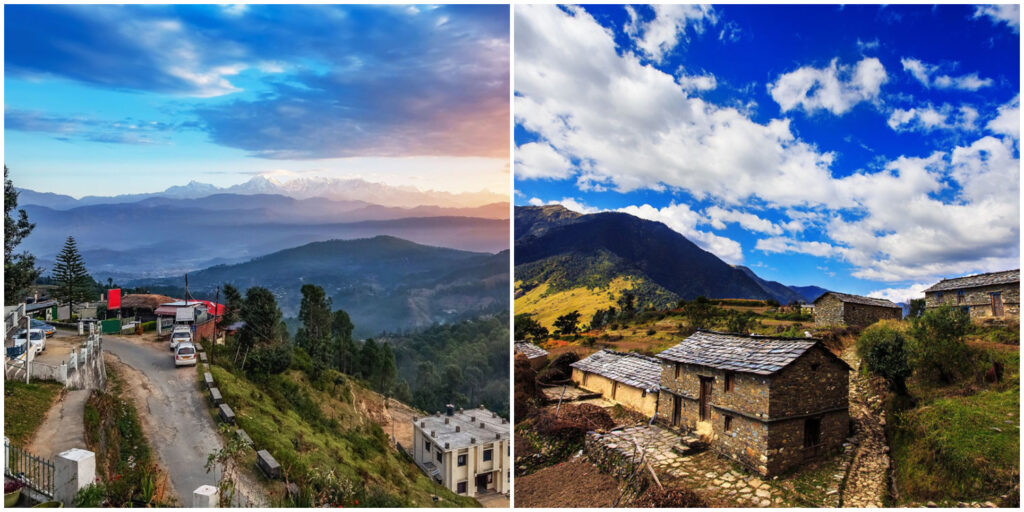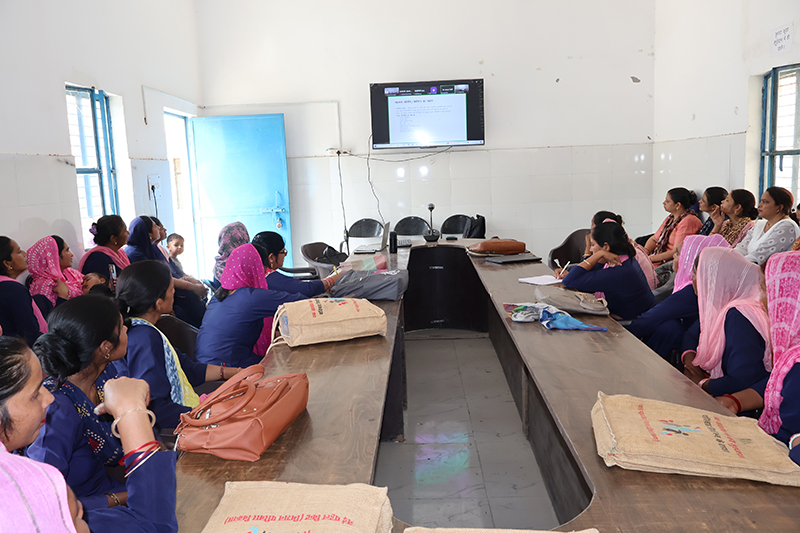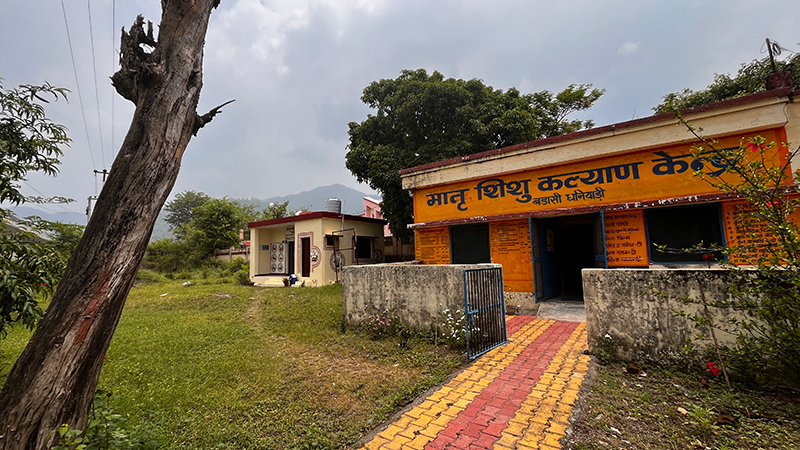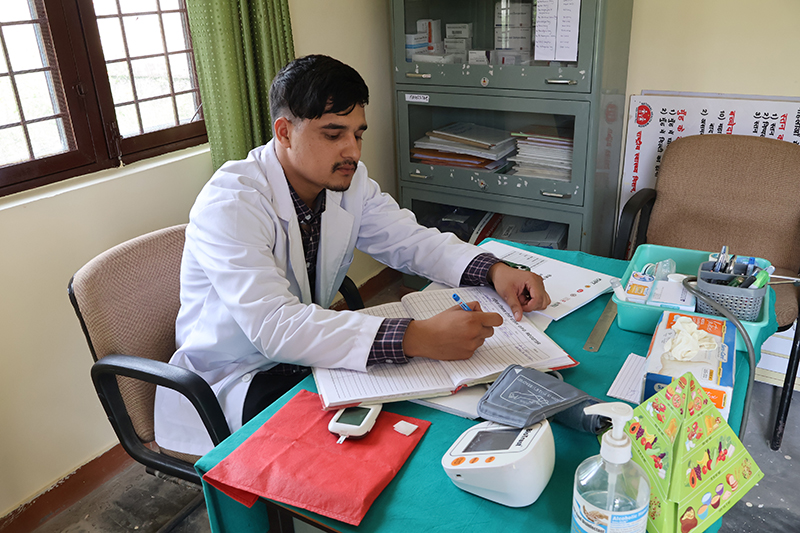In the remote villages of Uttarakhand’s Pauri Garhwal district, community health officer Surbhi Sati is often the first and only health care provider available. In these settings, training in supportive cancer care, also known as “palliative oncology”, has become an essential tool for frontline providers in India.

In Uttarakhand, Project ECHO helps bridge the gap in cancer care across remote, mountainous regions. Photo provided by ECHO India, June 2025
Patients in Sati’s district face steep barriers to cancer care, including limited health education, financial strain and long travel times. The nearest referral center is the All India Institute of Medical Sciences Rishikesh, located more than 100 kilometers away. Reaching AIIMS-R can take more than three hours by car, along winding, poorly maintained roads.
Barriers to Access and the Need for Local Support
For many villagers in Pauri Garhwal, the trip involves multiple transfers, lost income from missed work, and out-of-pocket travel expenses that many cannot afford. These barriers have delayed or disrupted care, especially for elderly patients or those living with chronic illness.
Project ECHO is helping shift that reality by training and mentoring frontline health workers to detect cancer earlier, offer supportive care, and provide long-term navigation for patients and families. The program’s virtual format means rural providers can access clinical expertise without leaving their communities.

Frontline health workers in Uttarakhand join a Project ECHO session to strengthen cancer care at the community level. Photo provided by ECHO India, June 2025
Building Skills Through Virtual Mentorship
Sati participated in ECHO India’s cancer navigation and palliative oncology training program, completing three training courses on specialized patient-care support. . “Before ECHO, we didn’t always know how to respond to symptoms like a lump or persistent pain,” she says. “Without proper training, we risked referring unnecessarily or missing signs that require urgent attention.”
Dr. Pankaj Kumar Garg, head of surgical oncology at Shri Guru Ram Rai University in Dehradun, helps lead the program in Uttarakhand. “For every oncologist in a city, there are thousands of patients in rural areas with no access to specialist care,” he says. “We need to bring expertise directly to the field. The concept is simple: move knowledge, not patients.”
A Network of Confidence and Community Impact
Dr. Garg says many of the region’s challenges stem from a lack of trained local personnel. Through the ECHO Model, his team provides virtual mentorship to community health officers, creating a network of support that continues well beyond the sessions. “They are now diagnosing and managing issues with much more assurance,” he says.
That confidence is making a tangible difference. Sati recalls counseling an elderly man diagnosed with blood cancer who initially refused treatment due to fear and age-related concerns. “After I explained the process step-by-step, he agreed to start care,” she says. “Now, he’s managing his health and getting fewer infections.”
For another patient with recurring oral ulcers, Sati used her ECHO training to recognize red flags and refer them to the district hospital. The patient was ultimately diagnosed with a noncancerous condition and received timely treatment that improved their quality of life.
For elderly or chronically ill patients, the shift to person-centered care has been just as important. “At 98, you can’t ask someone to give up everything,” Sati says. “We focus on comfort, dignity and emotional support.”
These small shifts are part of a larger transformation. “We are seeing more awareness and less fear. Survivors are starting to speak up,” Dr. Garg says. “This cannot be a one-time intervention. It needs to be ongoing.”

In the hills of Uttarakhand, the Maatru Shishu Kalyan Kendra serves as a vital access point for rural cancer care. Photo provided by ECHO India, June 2025
Expanding Reach Across Borders
From the high mountain villages of Uttarakhand to medical centers in Dehradun, the capital of Uttarakhand, ECHO India is helping build a more compassionate and accessible model of cancer care by empowering frontline providers to reach patients where they are.
To learn more about advancing cancer care through local capacity building and virtual mentorship, visit ECHO India’s website or email the partner team.
Featured image: Nitin Rawat, a community health officer, provides dedicated cancer care at a local health center in Badasi, Uttarakhand. Photo provided by ECHO India, June 2025
*Source: World Health Organization, Global Cancer Observatory, 2022

